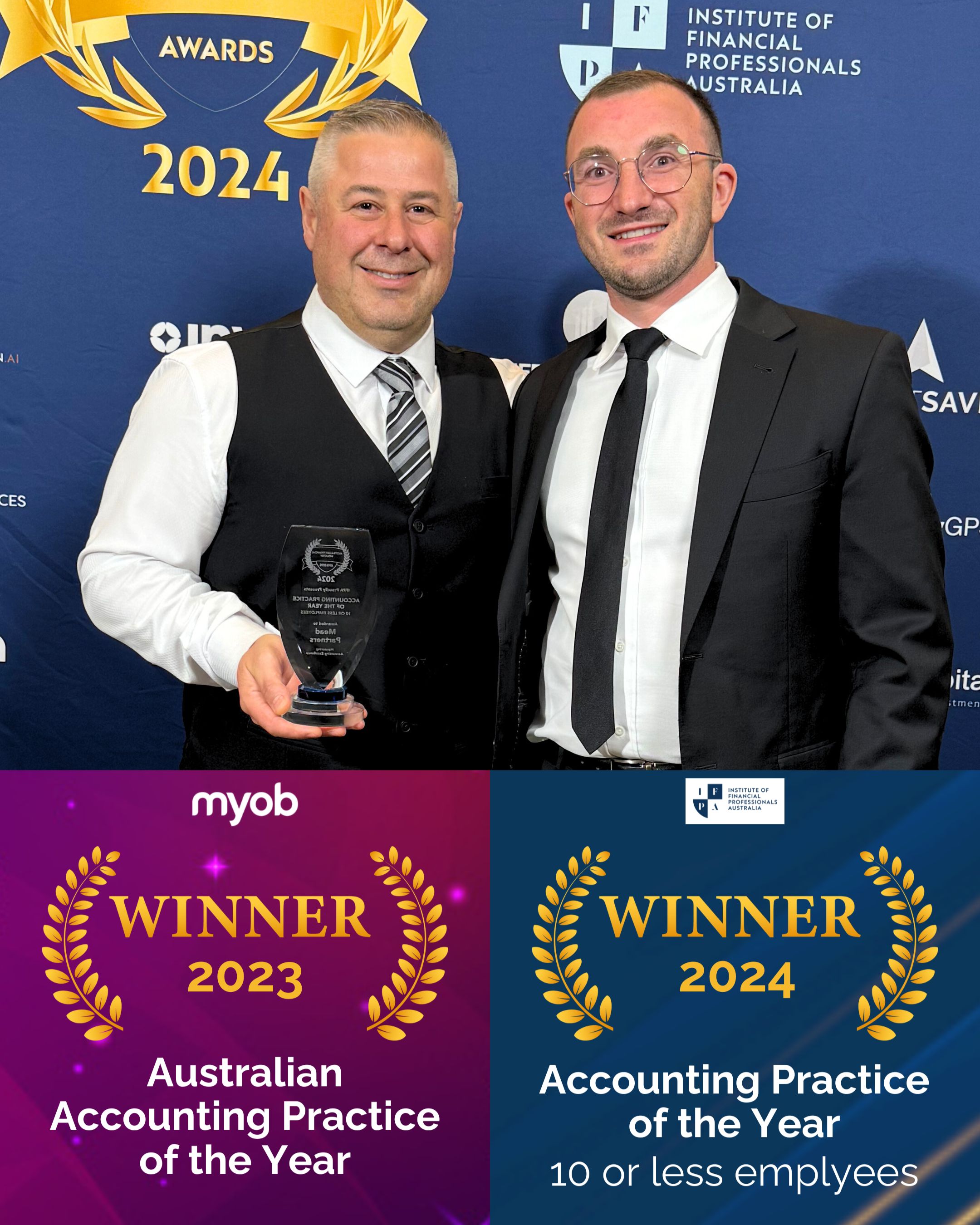



Book a Free Consultation!
✅Builders CFO Program
✅Business Improvement Program
✅Taxation Advice


As a builder, you know how important it is to have the right tools to get the job done!
When it comes to recording your tools and equipment more often than not they are simply expensed through the Profit & Loss statement without a second thought given. However, in doing so you are negatively reporting your position to your stakeholders which could be but not limited to your bank, your clients bank for the next job you’re looking to win, your insurance provider and building authorities such as the QBCC, negatively impacting your risk rating.
Generally speaking, anything that has a useful life of greater than 12 months should be recorded as an asset not an expense. This is where a fixed asset register comes in. In this blog post, we will discuss why having a fixed asset register is essential for your building business.
What Is a Fixed Asset Register?
A fixed asset register is a record of all the property, plant, and equipment (PPE) that your business owns. It includes both tangible and intangible assets that you use to build homes. Examples of tangible assets include the factory, vehicles, machinery, and tools. Intangible assets, on the other hand, include patents, trademarks, copyrights, and software. By having a fixed asset register, you can keep track of the value, location, and condition of your assets.
Healthy Balance Sheet
A fixed asset register helps you maintain a healthy balance sheet. Your balance sheet shows your assets, liabilities, and equity. By maintaining a fixed asset register, you can separate your assets from your expenses. This means that you don’t record your tools and equipment as replacements or small tool expenses. Instead, you record them as assets that have a useful life of more than one year. This helps you improve your accounting profit and show a strong asset to liability ratio.
Improve Accounting Profit
By recording your PPE as assets, you can improve your accounting profit. The cost of purchasing or building a fixed asset is not recorded on your income statement in the year it was bought. Instead, the cost is spread out or depreciated over the useful life of the asset. This helps you avoid a large expense in one year and helps you spread your expenses over many years.
Improve Your Debt Servicing
Assets are depreciated and debt servicing is generally calculated on your EBITDA (Earnings Before Interest, Tax, Depreciation and Amortisation).
So having a good fixed asset register can significantly improve your debt servicing position and will make it much easier for you to access finance for future projects. The Bottom Line having an up-to-date fixed asset register is essential for builders. It helps you maintain a healthy balance sheet, improves your accounting profit, and makes it easier to secure finance when needed.
Improve your Risk Rating
Did you know that maintaining a strong balance sheet can potentially lead to reduced business insurance costs? By correctly recording your assets in a fixed asset register, your balance sheet becomes healthier, resulting in various benefits:
Improved risk assessment: Insurers often consider a company’s asset base when determining builders’ insurance premiums. By demonstrating that you have a well-maintained fixed asset register, insurers may perceive you as a lower risk.
Better coverage and negotiation: A well-documented fixed asset register allows you to provide insurers with accurate and detailed information about your assets.
Maximise Your Business Valuation
A fixed asset register also helps you maximise your business valuation. When you plan to sell your business or apply for a loan, your assets play a significant role in determining its value. A well-maintained asset register can help you prove that you have valuable assets that are in good condition. This, in turn, helps you increase your business valuation, which means you can sell your business for a higher price or secure a larger loan.
A fixed asset register is an essential tool for managing your building business efficiently. It helps you maintain a healthy balance sheet, improve your accounting profit, maximise your business valuation, and simplify your tax reporting. By recording your assets accurately, you can avoid errors, reduce losses, and increase profits. A fixed asset register is not just a compliance requirement, but it is also an investment in your business’s future.

Send To Someone